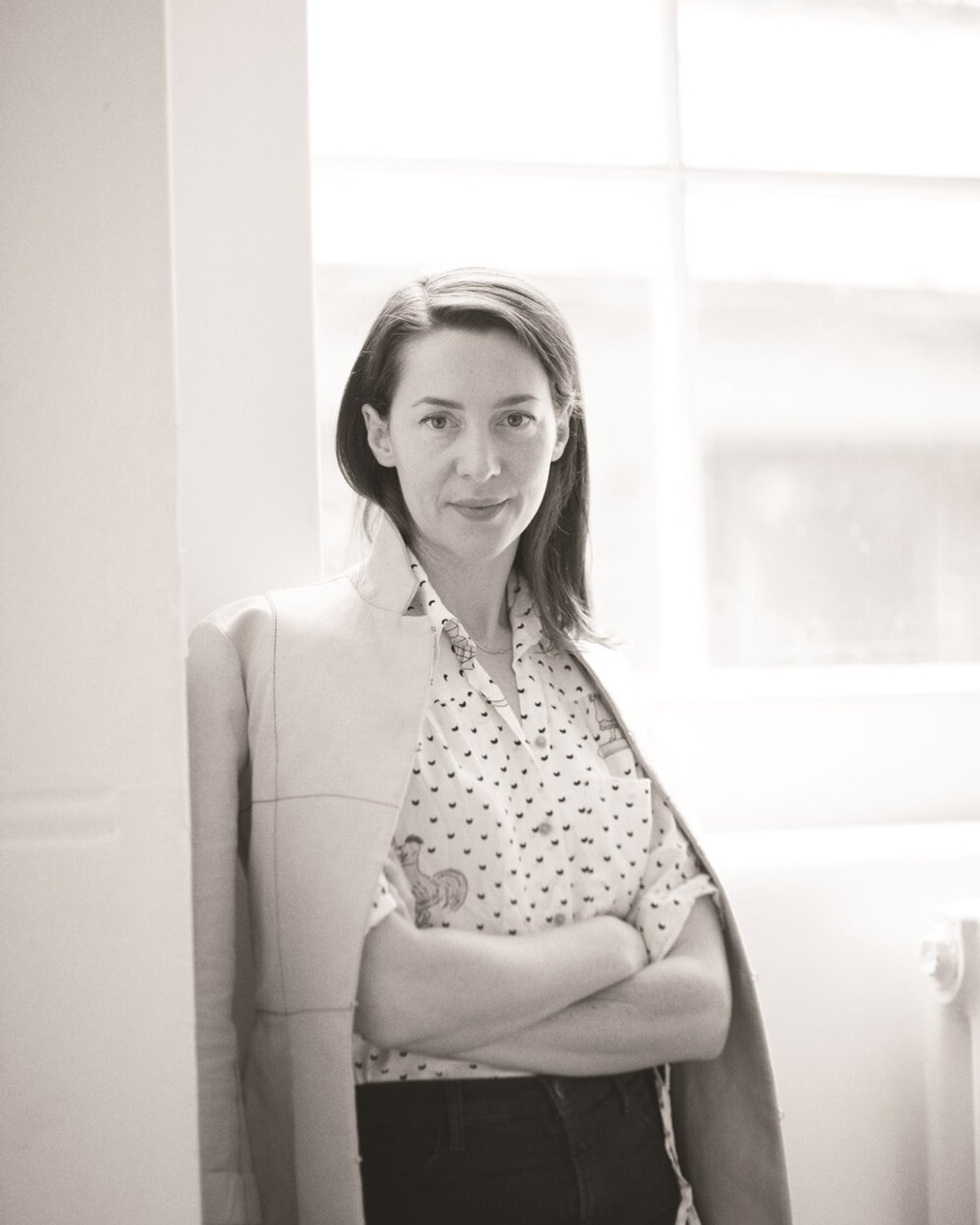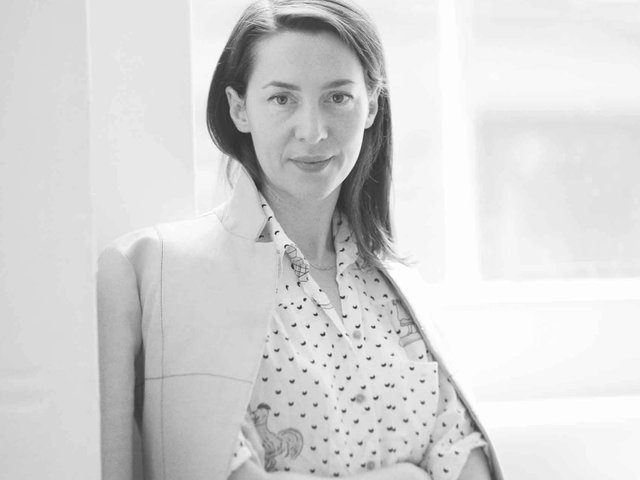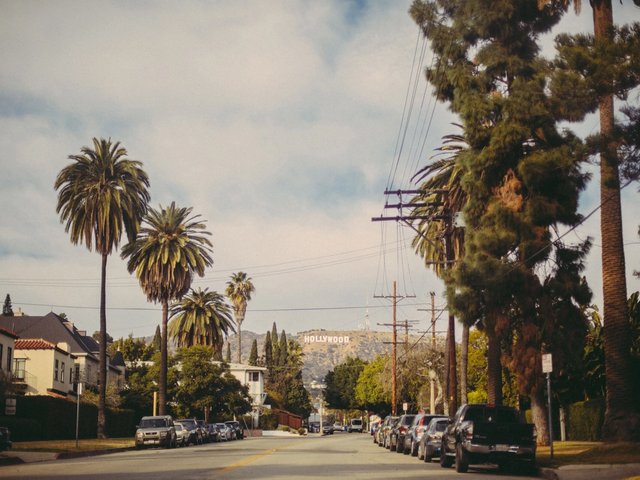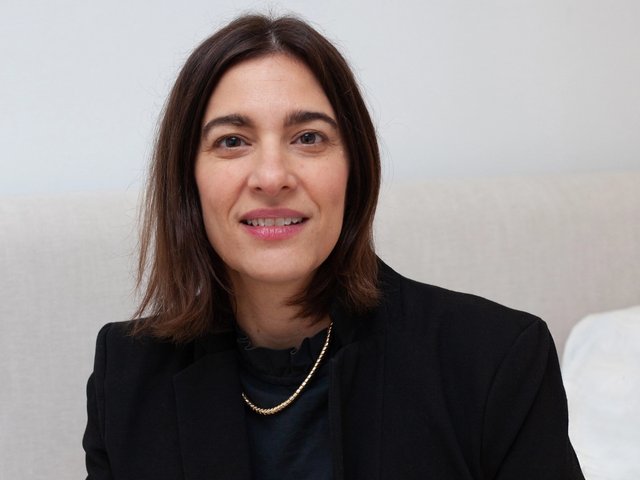Victoria Siddall, the director of Frieze fairs globally, has made the "difficult decision" to leave the London-based events and publishing company at the end of February after nearly two decades.
"It's been 18 years, this month, so almost my entire career at Frieze which has obviously been an incredible experience and adventure," Siddal tells The Art Newspaper. "But I've been thinking about it for some time and my role changed quite a lot last January when I stepped away a bit and joined the board of Frieze, and started taking on projects outside of Frieze as well, for example being involved in the Gallery Climate Coalition [GCC] and the reopening of Studio Voltaire in the last year."
Siddall will remain on the board of Frieze and advise on its inaugural Seoul fair this September.
Siddall started her career at Christie's, where she worked for three years writing client proposals. "I went to the first Frieze fair in October 2003, as a visitor, and I was just blown away by this extraordinary fair in a tent in Regent's Park and the energy it created around London. So I applied to a job add, for a sponsorship role, and started at Frieze in January 2004."
Her role has changed dramatically during that time, and so has Frieze: "When I started it was one fair and a magazine. Now, we're about to launch our fifth fair in Seoul and publishing has grown exponentially."
Siddall masterminded the launch of Frieze Masters, for more historical art, in London in 2012 and became its first director. After that, she took over from Frieze's founders, Amanda Sharp and Matthew Slotover, as director of all the Frieze fairs at the end of 2015, overseeing all three events in London and New York. The Los Angeles fair was added in February 2019 and the first Seoul event is scheduled to run this September.
What are the best bits about the job? "The people I've been able to work with, from artists to gallerists to collectors to curators, that whole spectrum of the art world. But also, launching new fairs and being able to make a real impact on a city by doing so."
Being a fair director is challenging too, of course, not least in the past couple of years with the hurdles presented by Covid-19, forcing cancellations and postponements. So, apart from the need for a masters in diplomacy, what are the toughest aspects of the job? Siddall puts a positive spin on the question: "Challenges have always forced us to innovate in ways that then help us grow and do new things. But it is a delicate balance as well, satisfying all the constituents and stakeholders and people who care about what we do, but again that's one of the most rewarding parts."
As for her future plans, Siddall says: "I cannot say just yet, but I will do a bit further down the line. I will continue my commitments with GCC, Studio Voltaire and on the board of Frieze, but will share more detailed plans fairly soon I hope."
Siddall's role of overall director of Frieze fairs will no longer exist. Instead each fair will be overseen by its own director: Eva Langret (Frieze London), Nathan Clements-Gillespie (Masters); Pat Lee, (Seoul) and Christine Messineo (New York and LA), with Kristell Chade, as executive director of Frieze Fairs.
There has been a fair amount of flux in Frieze's team in the past few years. Last year, Messineo was brought in to replace both Loring Randolph (the former director of the New York fair who left in 2020 to direct the Nancy A. Nasher and David J. Haemisegger collection of art) and Bettina Korek, who was the executive director of Frieze Los Angeles but departed to become the chief executive of London's Serpentine Galleries in 2019.





